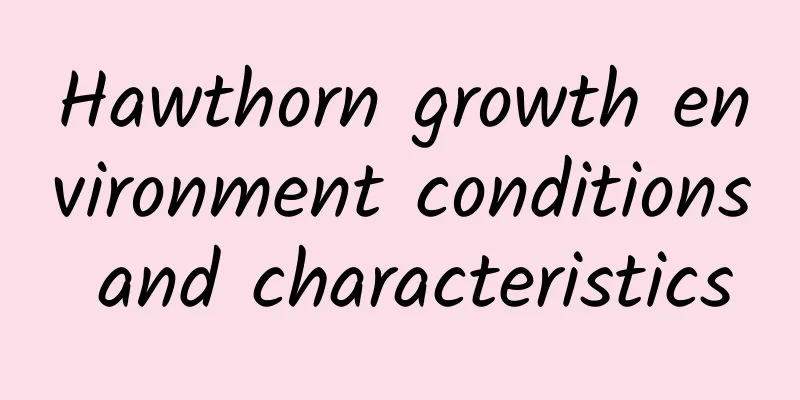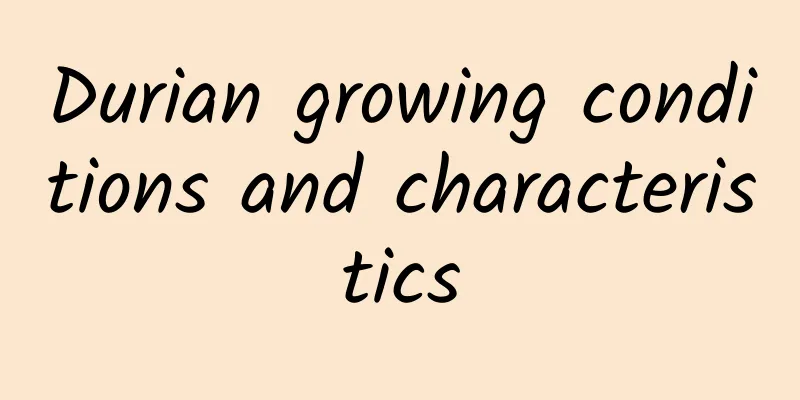Brown spot disease of Polygonum erythrorhizon and its control

Symptoms of brown spot disease of Polygonum erythrorhizomeBrown spot disease is a common disease of Polygonum multiflorum. Generally, if brown spot disease occurs, it will appear on the leaves. Spots will appear on both sides of the leaves. Most of them are circular or quasi-circular patches. In severe cases, black mold will appear, which is the fungal spores. The brown spot disease of Polygonum erythrorhizome is mostly caused by a fungus commonly known as Polygonum cercosporum. This fungus gathers on both sides of the leaves of Polygonum erythrorhizome, produces spores and continuously divides, making the disease worse. Conditions for the occurrence of brown spot disease of Polygonum erythrorhizonThe brown spot disease of red polygonum is caused by the fungus Cercospora. For this disease to occur, the first thing needed is suitable conditions for the growth and reproduction of the fungus. Generally, Cercospora will overwinter in the diseased remains of the infected red polygonum in the form of mycelium. In the spring of the following year, as long as the environmental conditions are suitable for the growth of Cercospora, it will begin to grow and reproduce, producing a large number of spores, which will then be spread with the help of natural wind, rain, or watering. Sometimes secondary transmission may occur, increasing the chance of infection of the plant. Note that in North China and Northeast China, brown spot disease may occur in August. Prevention and control methods of red Polygonum brown spot diseaseBefore the brown spot disease occurs, the diseased residues remaining in the plants can be removed in late autumn and early winter to reduce the root causes of the disease and reduce the occurrence of brown spot disease. In the early stages of black spot disease, drug treatment can be adopted. Spraying 1500 times diluted 50% benomyl wettable powder can have a certain preventive effect. |
<<: Gray mold of Prunus armeniaca and its control
>>: Viola yedoensis leaf spot disease and its control
Recommend
How to grow red plum blossoms
1. Maintenance conditions 1. Soil: When choosing ...
The flower language of all colors of baby's breath
1. Purple Flower Language The flower language of ...
Can the tower pine be planted at the doorstep?
Can the tower pine be planted at the doorstep? Th...
How to raise sunset love
1. Breeding environment 1. Soil: Loose, well-drai...
How many kilograms of vegetable yield per mu
Vegetable yield per mu There are many varieties o...
Yew cultivation methods and precautions
1. Maintenance methods 1. Temperature: It has ver...
Why does asparagus fern not germinate when sown?
Mechanism of Seed Propagation of Asparagus fern S...
Can you grow succulents in ordinary soil?
Can ordinary soil grow succulents? Succulents can...
Can activated carbon be used to grow succulents?
Can activated carbon be used to grow succulents? ...
How to plant pomegranate trees? Planting methods and management techniques
Pomegranate tree growth environment requirements ...
How to grow tennis flower
1. Maintenance methods 1. Temperature: Tennis flo...
Cultivation methods and precautions of hydroponic gardenia
1. Change water in time It is very important to c...
Why are the leaves of the lotus turning yellow?
1. Lack of water Astragalus is an aquatic plant t...
What trees and flowers are suitable for planting in Shanghai? What trees are planted more on the roadside in Shanghai?
Shanghai has a subtropical monsoon climate with f...
Persimmon growth environment conditions and characteristics
Persimmon Growth Environmental Conditions and Req...









